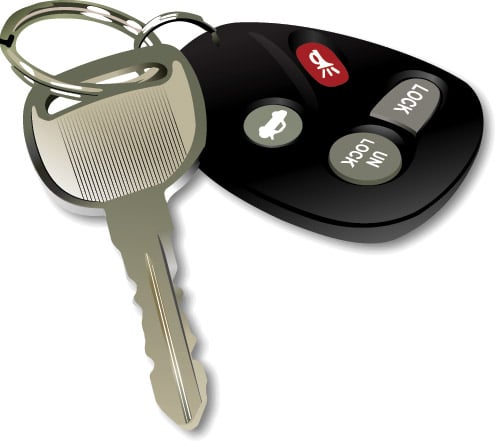Driving is an exhilarating personal freedom, and it’s difficult to know when it’s time to relinquish that freedom. Whether, injury, health, or age forces the decision to stop driving, it can be a difficult and traumatic situation for family members and loved ones to navigate.
According to Reader’s Digest writer Brooke Nelson, a serious red flag is when a senior citizen can’t remember common driving routes like the way to the grocery store or post office—this memory lapse can be a sign not only that it’s time to stop driving but also of a more severe condition like dementia or Alzheimer’s.
More visible signs, according to Nelson, are a car filled with scratches, dents, dings, and damage as well as multiple citations or warnings from law enforcement regarding driving behavior and mistakes. And, if an elderly driver hesitates at traffic lights or signs because they seem confused what they mean or what they should do, Nelson suggests having their driving skills evaluated to determine if their driving skills can handle the demands of the road.
Related: Spring car maintenance tips
If a physical condition, ailment, failing eyesight, or result of an illness makes driving difficult or near impossible or a person is apprehensive of driving at night or in challenging weather conditions like rain or snow, it’s time to limit drive-time, according to Nelson.
If your loved one’s reaction time is not what it used to be or should be in order to make driving safe, it’s a clear sign that they are probably lacking the ability to drive alone, according to Nelson.
Nelson advises that any change of driving behavior like anger or agitation is a signal to have your loved one’s health reviewed.
Related: Defensive driving tips
If others are concerned about your loved one’s driving, you should pay attention.
“Even if you don’t live nearby or see your loved one often, take note when friends or acquaintances become concerned about his or her driving. They are more likely to notice when something is wrong before you do, and they might offer realistic solutions that won’t disrupt your loved one’s routine,” reports Nelson.
News Source: Reader’s Digest
The News Wheel is a digital auto magazine providing readers with a fresh perspective on the latest car news. We’re located in the heart of America (Dayton, Ohio) and our goal is to deliver an entertaining and informative perspective on what’s trending in the automotive world. See more articles from The News Wheel.
